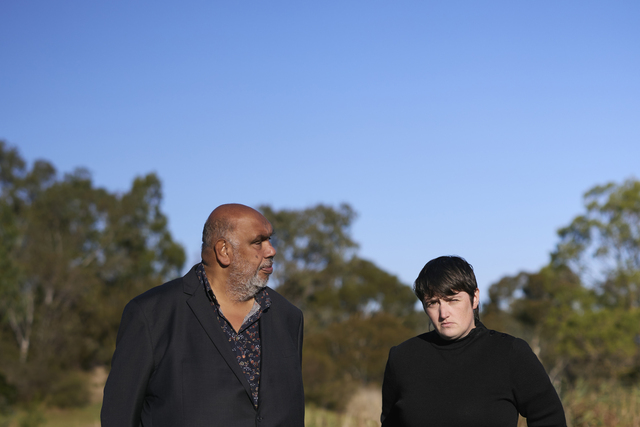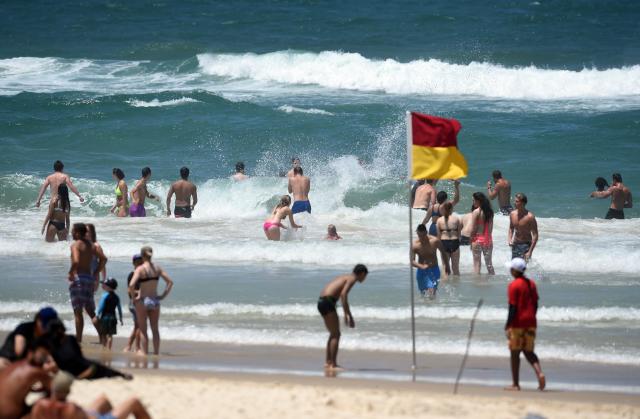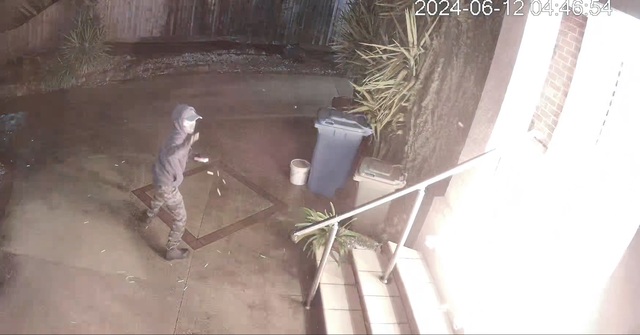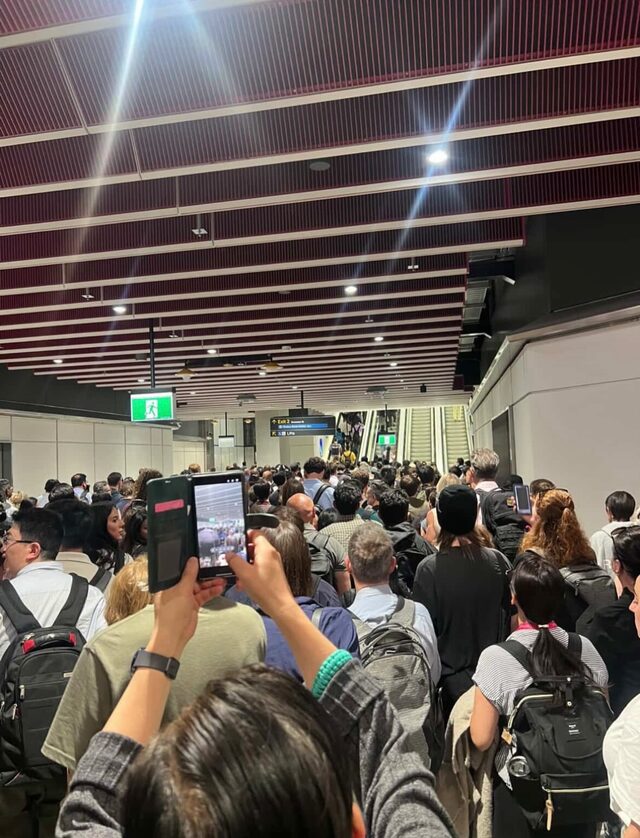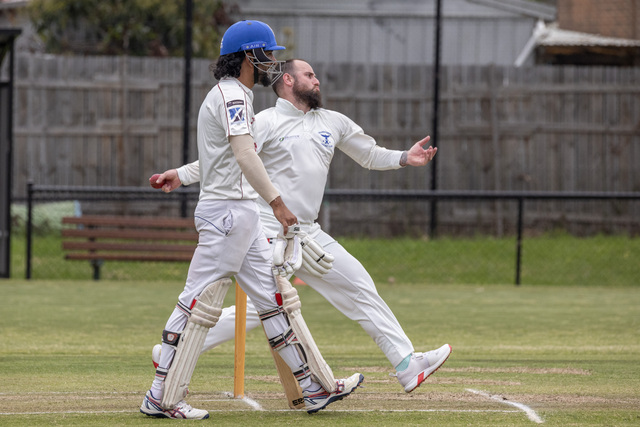A man who drove a fatally-stabbed victim to the front of Casey Hospital has been jailed for manslaughter.
Jordan Riley, 42, initially charged with murder, pleaded guilty at the Victorian Supreme Court after a sentence indication.
The victim Daniel Cockerill, 45, who stayed in the same Port Melbourne boarding house as Riley, was found to have died from a stab wound to the heart in the early hours of 26 March 2023.
He had several defensive stab wounds to his hand. However the precise circumstances of his assault were unknown, sentencing judge Stephen Kaye said.
Earlier that morning, Riley had been driving Cockerill and another man Ayant Singh in a borrowed Volvo sedan around Blackburn, Beaconsfield and Berwick.
About 7.26am, the Volvo pulled into hospital with a wounded Cockerill in the back seat.
A paramedic requested Riley to help pull Cockerill’s cold, pulseless body out onto the footpath.
The paramedic was told by one of the men that “he’s taken something, he might have injected something” and claimed they didn’t know Cockerill’s name.
As a police officer started CPR on Cockerill, Riley went back to the Volvo, slowly reversed and drove off.
That morning he was arrested and deemed unfit for interview.
Diagnosed with paranoid schizophrenia, Riley had failed to engage with mental health services for about a year beforehand.
He was not taking medication and “very likely” to have been actively psychotic at the time of the offence, a psychologist found.
A bloodied kitchen knife in a sheath was later found in the back of the Volvo. There was a strong likelihood of a DNA link to Riley.
However, Riley insisted to a psychologist that Cockerill died from a drug overdose, and mistrusted medical evidence to the contrary.
On 16 December, Justice Kaye noted that prosecutors accepted they couldn’t prove beyond reasonable doubt who inflicted the fatal wound.
Nor could they prove whether the assault was intended to kill or cause serious injury.
Riley was sentenced on the basis that he was at least complicit and that a reasonable person would know the act put Cockerill at “appreciable risk of serious injury”.
Born in England and raised in Frankston, Riley had a long history of using drugs and alcohol, as well as several involuntary admissions to psychiatric units.
Justice Kaye found that Riley’s failure to take medication at the time was connected to his lack of insight into his mental illness and was “very much part and parcel of that condition”.
Riley’s rehabilitation prospects were “guarded”, given his limited insight and past convictions for violence, the judge noted.
At the time of the stabbing, Riley was on a community corrections order for assaulting a police officer and intentionally causing injury.
The “moving” victim impact statements by Cockerill’s uncle and cousins made clear he was a “much valued family member”, Justice Kaye noted.
“They are a salutary reminder of the grief and suffering that have been, and will continue to be, the consequence of the offence in which you were criminally complicit.”
Riley was jailed for eight-and-a-half years, with a non-parole period of five years and three months.
He had served 533 days in pre-sentence detention.




